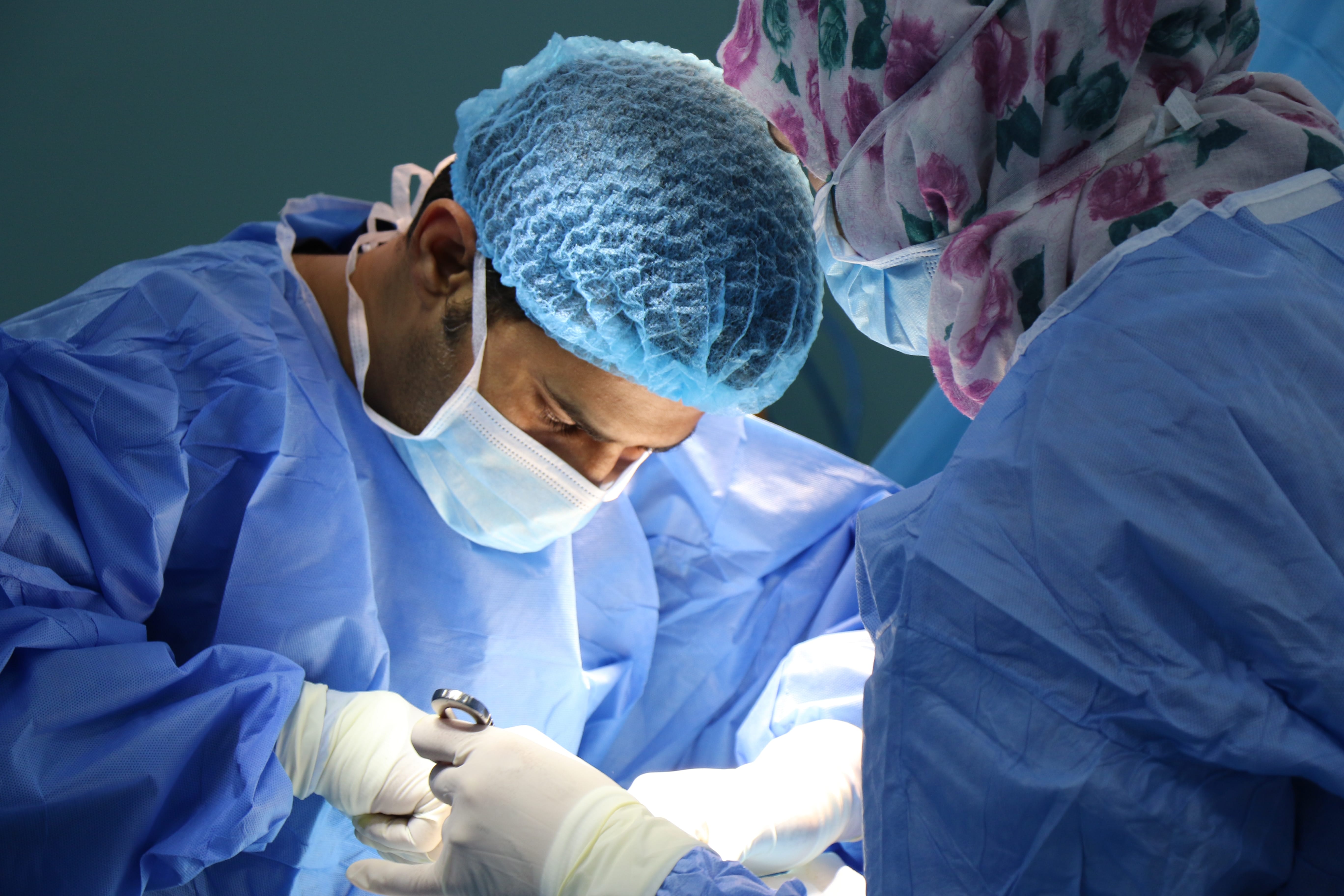Coverys recently published a report that found that botched surgeries are the second most common reason why medical malpractice claims are filed.
For many people across the U.S., the prospect of having to undergo surgery is not a fond thought. After all, many surgeries come with their share of risks, even though the reason behind them may be life-saving in nature. However, it’s important to point out that surgeries are not only risky for patients. They’re also risky for doctors because it makes them vulnerable to medical malpractice claims. In fact, a report from Coverys, a medical liability insurer, recently found that “surgery is the second most common cause for medical malpractice claims against doctors overall.”

As part of the study, the insurer looked at “five years of closed medical malpractice claims from 2014 to 2018 and found that surgery-related claims accounted for 25% of the cases.” According to the report, 78% of the “2,579 surgery-related claims were related to practitioner performance during the surgery itself.” However, any phase of the surgical process can result in medical malpractice claims, including the “care and decision-making leading up to and following surgery.”
Are there any specific surgical specialties more at risk for malpractice claims than others? Yes. According to the report, the top specialties that are most likely to trigger malpractice claims include “general surgery (22%), orthopedic surgery (17%) and neurosurgery (8%). Combined, there are three types of surgery specialties that make up about 50% of surgical malpractice claims.
The report also analyzed the type of injuries sustained by patients as a result of malpractice. For example, 29% of surgery-related injuries were “considered permanent significant or worse and 9% resulted in patient deaths.” Many of the claims argued the surgeons lacked technical skill and failed to make proper clinical judgments.
Additionally, some claims included in the report alleged surgeons left foreign objects inside patients, performed unnecessary procedures, and delayed surgery.
The reports also examined specific process vulnerabilities during the surgical process. In the end, the report authors offered recommendations to help improve surgical outcomes. For example, prior to surgery, the authors recommend that physicians should “ensure a patient’s participation and understanding using shared decision-making techniques.” Additionally, “surgeons should document comprehensive informed consent discussions, including the patient’s response, in the medical record,” the report advised.
Other recommendations include creating distraction-free environments in operating rooms and adopting “the so-called ‘sterile cockpit’ concept used in aviation, a regulation that prohibits crew members from performing non-essential duties or activities during high-risk activities such as at takeoff and landing.” The report further states:
“Reduction and elimination of activities and distractions, such as excess traffic in the OR and cellphones, permits the OR team to focus on the patient and the task at hand.”
Sources:
Surgery is the 2nd most common reason for medical malpractice claims, report says
New Report Says Surgery is the Second Most Common Cause for Medical Malpractice Claims


Join the conversation!